Corrective Services NSW: Teacher’s unlikely move from the classroom to correctional centre
A NSW corrective services officer who once taught preschoolers has traded in her chalk and blackboard for green hills filled with inmates, helping them rehabilitate through farm work.
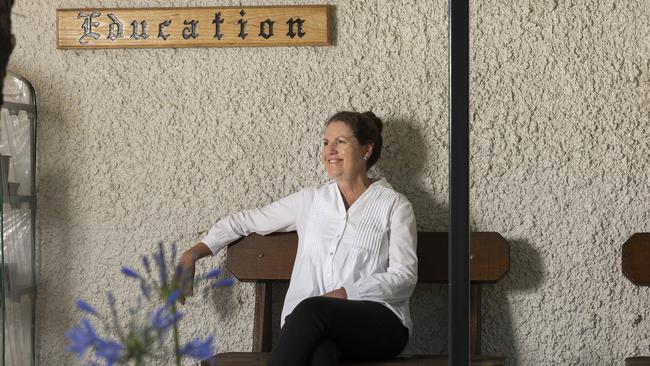
Local
Don't miss out on the headlines from Local. Followed categories will be added to My News.
From teaching preschool students to helping educate hardened criminals, one NSW corrections officer believes she has found her calling in the heartland of the Riverina.
As Mannus Correctional Centre’s education services co-ordinator, Desley Kendell’s job is to help rehabilitate the 160-odd inmates on the 4000-acre property in southern NSW.
With thousands of sheep and cattle, about 50 rams, orchard upon orchard, it doesn’t sound like your normal prison, but then the centre in Tumbarumba, in the state’s south, isn’t your typical penitentiary.
The all-male minimum-security correctional centre is about three hours drive from Canberra and offers unique work programs specialising in farming and agriculture.
Inmates at the centre are also able to turn their hand to shearing sheep, timber work, maintenance, and education programs – gaining vital work experience prior to their release from prison.
Ms Kendall is among the dedicated staff helping to rehabilitate convicted inmates.
The 61-year-old believes the same principles of teaching children can be applied inside Mannus.
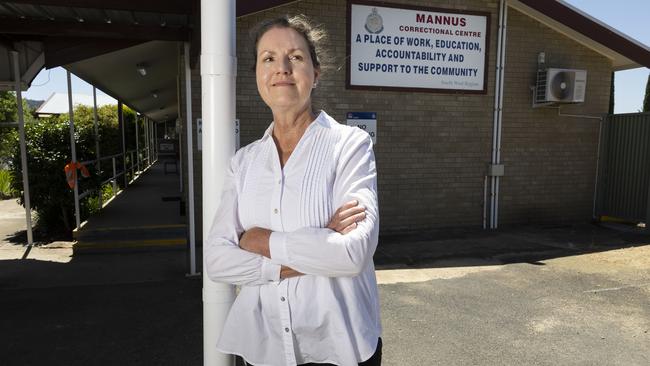
“Focus on the behaviour, not the person,” Ms Kendell, who has worked in classrooms across southern NSW, said.
“Everyone has potential comes from their own backgrounds and interests … nurture those interests.
“Do it from a position of respect: I respect you and I expect you to respect me.”
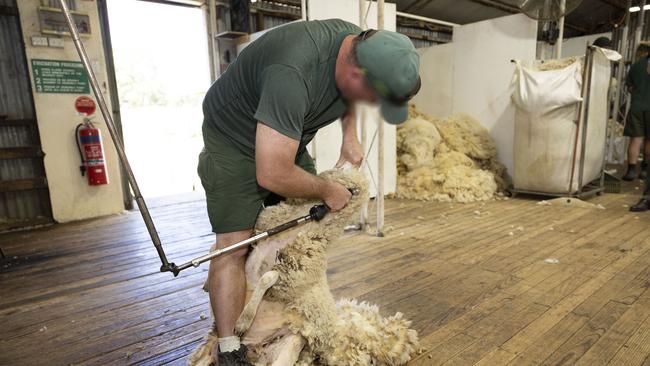
After a rigorous screening process and risk assessment of inmates to determine their suitability at the minimal-security prison, Ms Kendell’s job with Corrective Services NSW at Mannus is to find the inmates their new calling.
This can depend on their levels of numeracy or literacy, the courses they’re required to take, and the goals they’ve set for themselves for when they finish their sentence.
Ms Kendell said she has helped men from all walks of life at Mannus, even accountants and executives from Sydney.
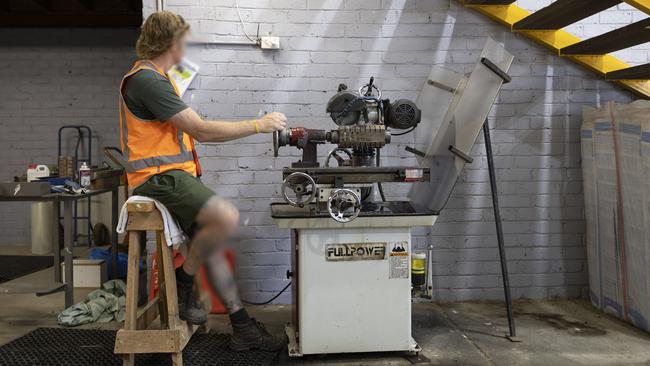
“Some of them come here and say ‘I’d really like to get out here and learn about animals and farming’, and they’ve thrived,” she said.
Ms Kendell joined Mannus in 2017 when foundation skills were introduced, changing their roles from frontline teachers to co-ordinators bringing industries into the prisons.
Those opportunities, ranging from working with livestock, helping on apple orchids and farming sheep, assists the inmates to become self-driven and work toward achieving employment post-release, Ms Kendall said.
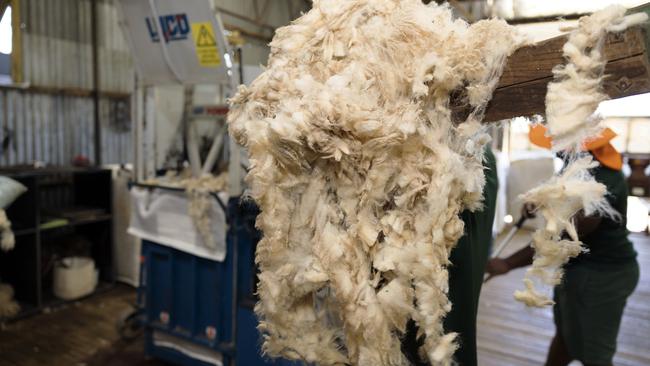
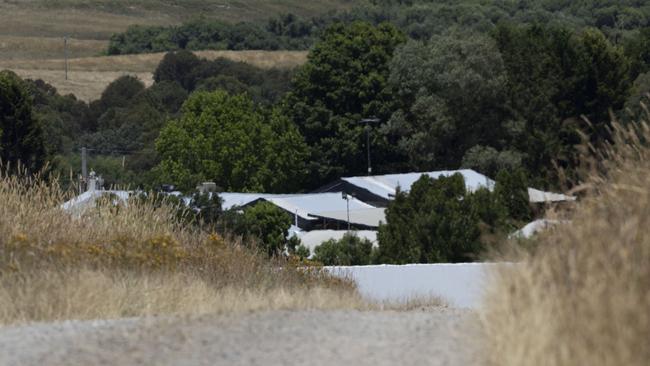
“I enjoy the day to day contact with the inmates, they are a very diverse group,” she said.
“It’s rewarding … helping people make a difference in their own lives.”
Occasionally inmates can be unhappy with the job they’ve been assigned, but Ms Kendell said she’d seen the men work their way up in the centre, going from farm hands to leading roles at the timber mill or senior forklift drivers.
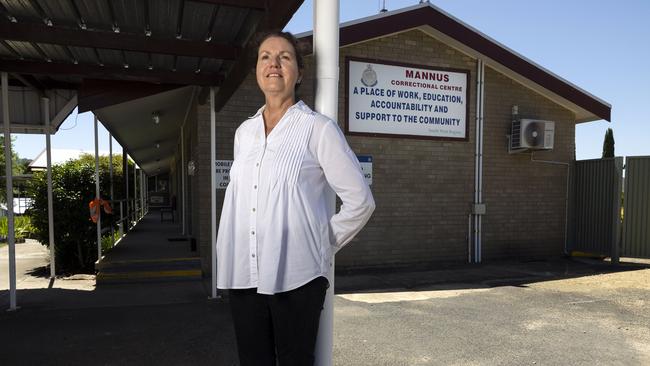
When asked if there should be more centres like Mannus, Ms Kendell said a range of facilities were needed depending on the sentence people receive.
“Mannus is very special in that people have had to show the right attitude to get here, and have reflected on what led them to committing the crime, and how they’re going to change those factors,” she said.
“It’s not easy to get here, which is the way it should be, because it doesn’t feel like a correctional environment.”




